Introduction
Welcome to your one-stop resource for mastering German Shepherd dog training!
- Discover the best techniques for training your German Shepherd
- Learn about the intelligence, loyalty, and versatility of German Shepherds
- Understand the potential challenges posed by their high energy and sharp minds
- This guide will provide you with detailed knowledge and tools for successful training
- Equip yourself with the expertise needed to address training challenges
1. Understanding the German Shepherd Breed
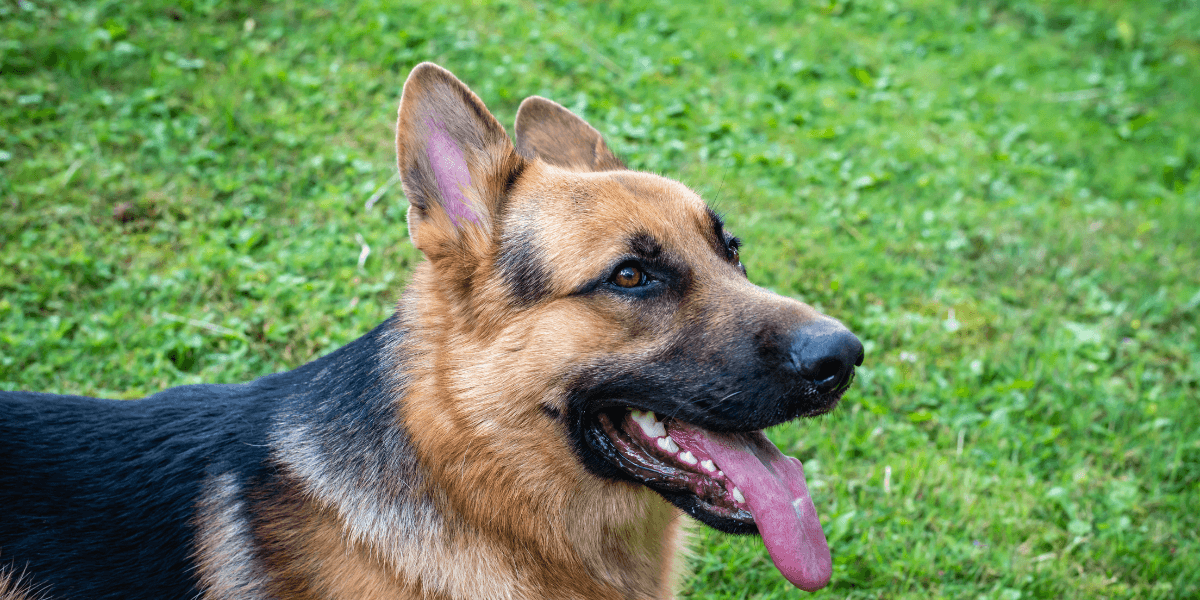
It’s essential to understand the German Shepherd’s unique characteristics.
- Intelligence: German Shepherds are highly intelligent and quick learners
- Energy Levels: They are an active breed requiring ample physical exercise and mental challenges
- Trainability: They excel in training and often perform well in obedience and agility competitions
- Adaptability: German Shepherds adapt well to various living conditions, from urban to rural areas
- Protectiveness and Guarding Instincts: German Shepherds have strong protective instincts and are natural guardians
- Loyalty and Obedience: Known for their loyalty, German Shepherds often seek to please their owners
2. The Basics of German Shepherd Training
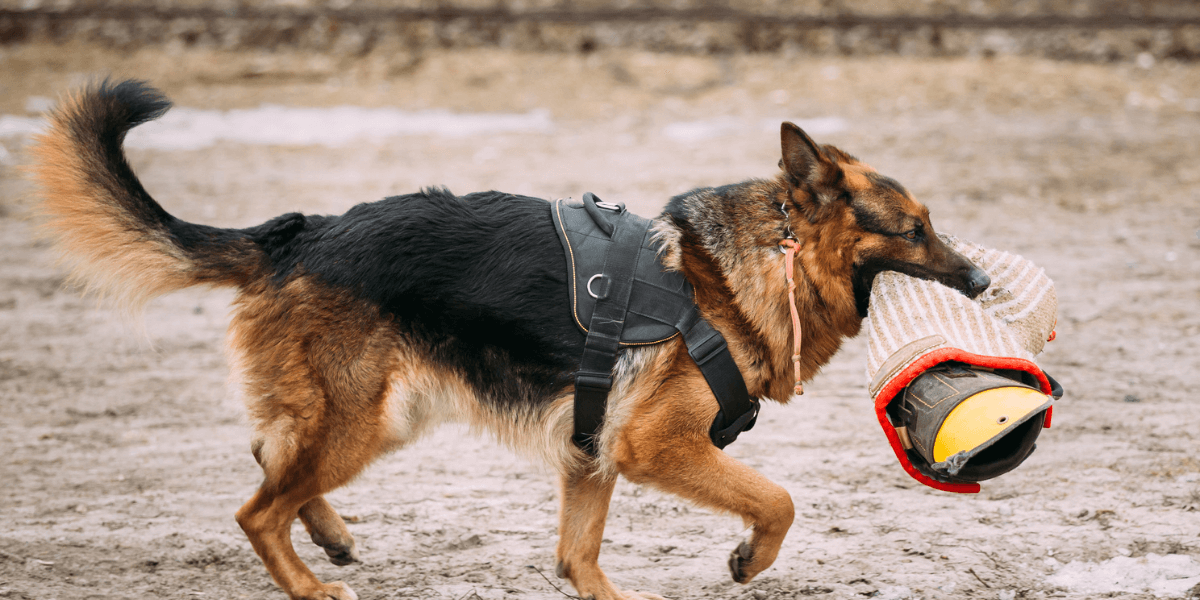
- Start Early: Begin training your German Shepherd as early as possible
-
Clear Commands: Use simple, clear commands to avoid confusion and ensure effective training
-
Socialization: Expose your German Shepherd to various people, places, and situations early on
- Consistency is Key: Consistent commands, routines, and rewards help reinforce learning
- Short, Frequent Sessions: Keep training sessions brief but frequent to maintain your dog's focus
- Positive Reinforcement: Use treats, praise, and toys to reward your German Shepherd for good behavior
3. Basic Commands and Obedience Training
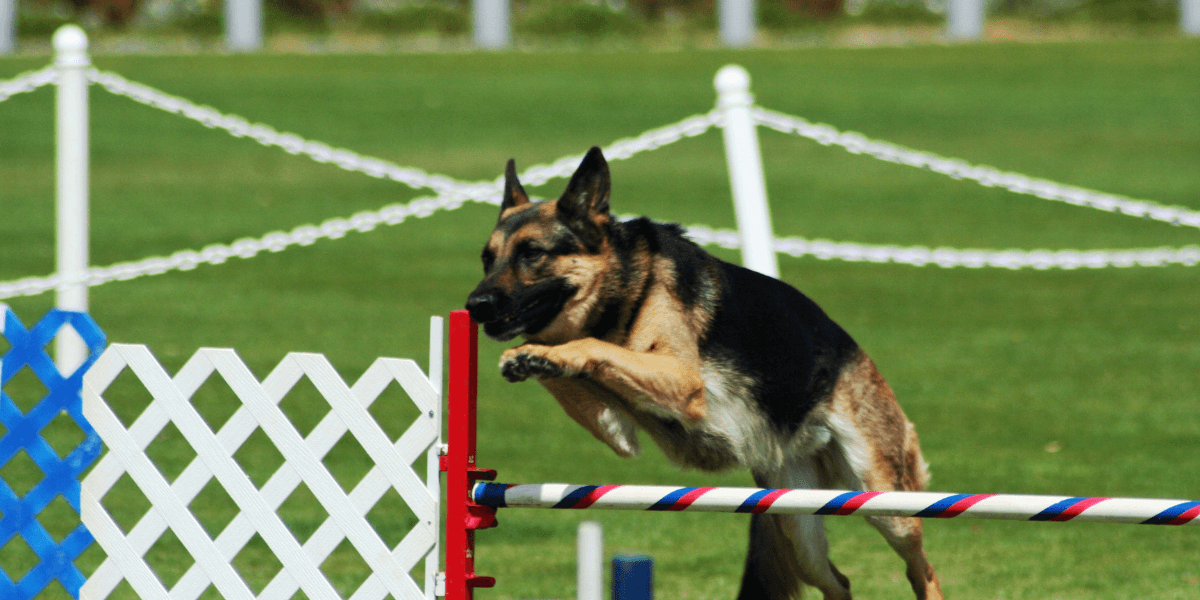
These fundamental commands form the basis of good behavior and control.
- Sit: Hold a treat above your dog’s head and move it back towards their tail
- Stay: With your dog in the sit position, open your palm and say "stay"
- Come: Reward with praise and treats when they reach you
- Down: Use a treat to guide your dog into a lying position, then reward them
- Leave It: Use a treat to guide your dog away from something, then reward them for compliance
- Heel: Teach your dog to walk beside you on a loose leash, rewarding them for staying close
4. Advanced Training Techniques
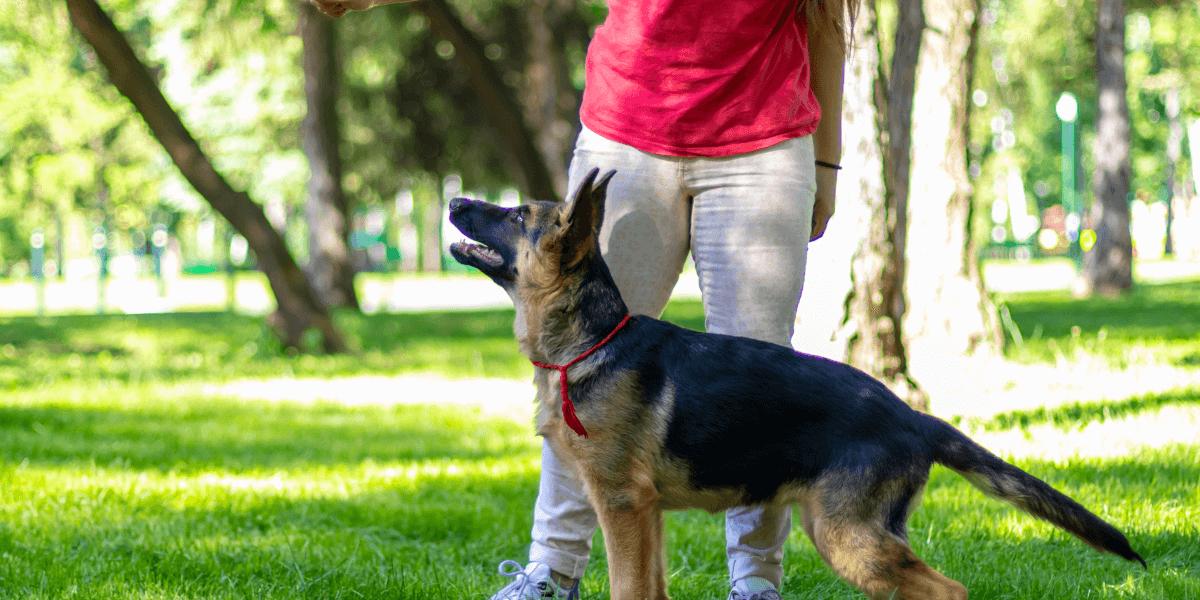
Once your German Shepherd masters the basics, you can introduce advanced training.
- Heel: Teach your dog to walk beside you without pulling on the leash
- Leave It: When your dog backs away, reward them with the treat
- Place: Teach your dog to go to a specific spot and stay there until released
- Off-Leash Reliability: Practice commands in secure areas, gradually increasing distractions
- Fetch and Retrieve: Use a favorite toy to bring it back to you. Reward them for retrieving it
Advanced training starts with these must-know tips for raising a well-behaved German Shepherd puppy.
5. Addressing Behavioral Issues
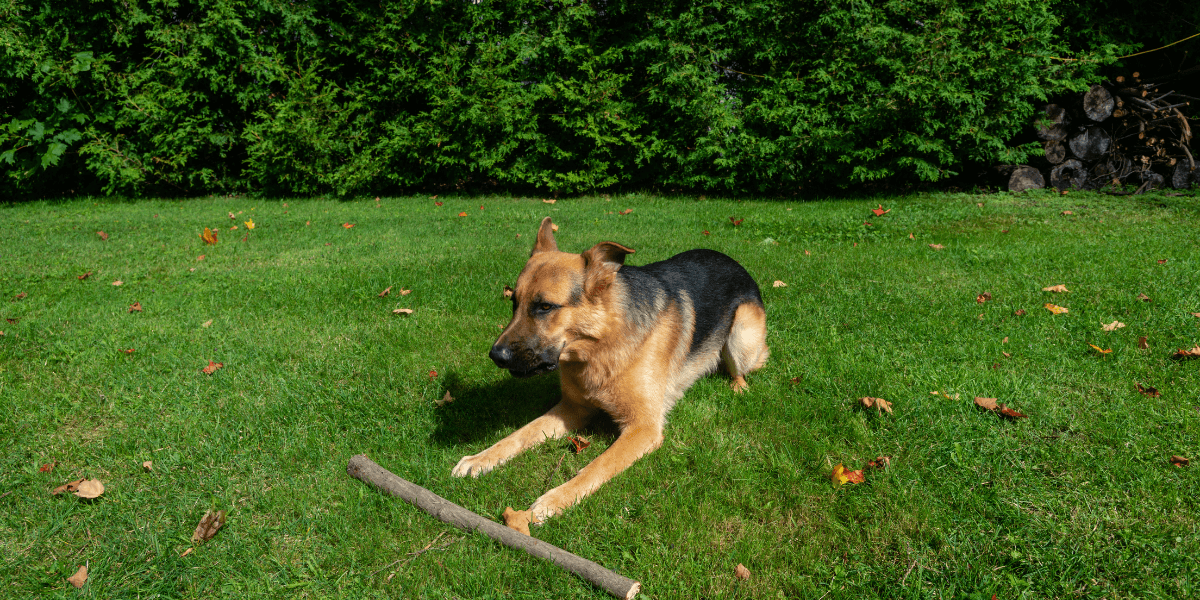
Common behavioral issues in German Shepherds and how to address them.
- Barking: For excessive barking, teach the "quiet" command and reward when they stop barking
- Chewing: Chewing can be managed by providing appropriate chew toys
- Separation Anxiety: Gradually increase alone time and provide comforting items to ease anxiety
- Jumping Up: Teach an alternate behavior, like sitting, and reward them when they stay down
- Resource Guarding: Teach "leave it" and "trade" to manage possessiveness over food or toys
- Aggression: Aggressive behavior should be addressed promptly
Discover effective ways to manage your German Shepherd's behavior in this guide.
6. Socialization and Interaction
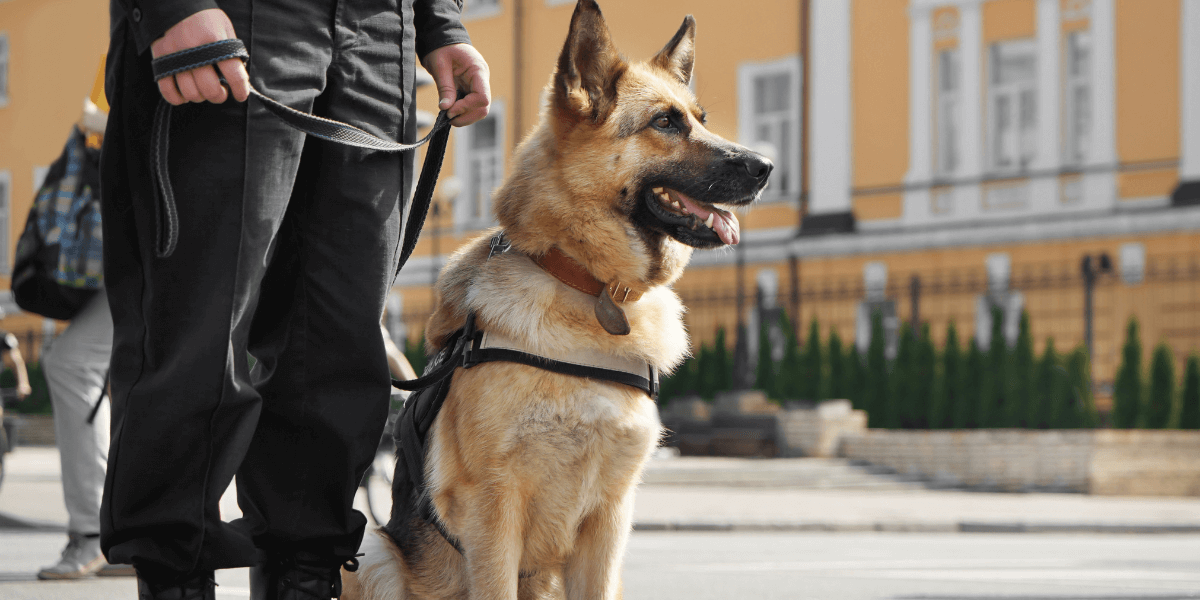
Proper socialization is vital for a well-adjusted German Shepherd.
- Exposure to New Experiences: Introduce your dog to various environments, people, and other animals
- Controlled Meetings: Supervise first interactions with new pets to ensure safe, positive experiences
- Positive Interactions: Ensure all interactions are positive and reward your dog for calm behavior in situations
- Regular Playdates: Arrange playdates with other friendly dogs to encourage social skills
- Training Classes: Enroll your dog in training classes to expose them to new environments and people
- Varied Activities: Engage in different activities like hiking or visiting parks
7. Maintaining Training and Bonding
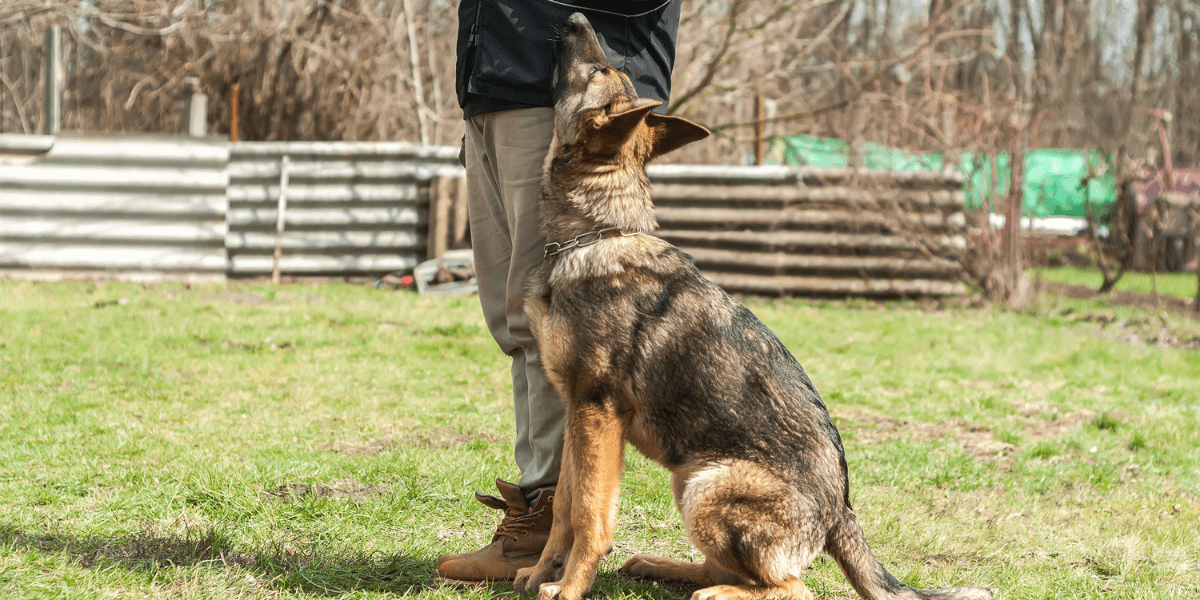
Training doesn’t stop once your German Shepherd learns the basics.
- Regular Practice: Short, frequent training sessions are more effective than long, infrequent ones
- Bonding Time: Spend quality time with your dog through play, walks, and training
- Routine Reinforcement: Incorporate training into daily routines to keep skills sharp
- Mental Stimulation: Use puzzle toys and interactive games to keep your dog's mind engaged
- Positive Feedback: Regularly provide praise and rewards to reinforce good behavior and progress
- Ongoing Challenges: Continue to challenge your German Shepherd with new commands, tricks, and activities
Learn how training and bonding make German Shepherds the ideal family pets in this comprehensive guide.
FAQs
1. When should I start training my German Shepherd?
- Start German Shepherd Dog training at 8 weeks old for best results
2. What are the basic commands for German Shepherds?
- Teach sit, stay, come, down, and heel
3. How long should training sessions be?
- Keep sessions 10-15 minutes long to maintain focus
4. What training methods work best?
- Use positive reinforcement with treats and praise
5. How often should I train my German Shepherd?
- Train daily, with short, consistent sessions
6. How do I address bad behavior in training?
- Redirect and reward good behavior rather than punishing
7. When should I consider professional training help?
- If facing persistent issues or needing advanced training, consult a pro
Conclusion
- Effective German Shepherd Dog Training ensures a well-behaved and loyal companion
- Apply training principles to address behavioral issues effectively
- Regular practice maintains progress and good behavior
- Training is an ongoing journey that keeps your dog stimulated
- Share your training tips in the comments and help others
- Training and understanding health ensure a loyal German Shepherd companion.
References
- German Shepherd Dog Training
- Puppy Training Timeline for Your German Shepherd Dog
- Choosing the Best Orthopedic Dog Bed
- German Shepherd Dog Training Guide
Share this guide to spread knowledge on effective German Shepherd Dog Training!




